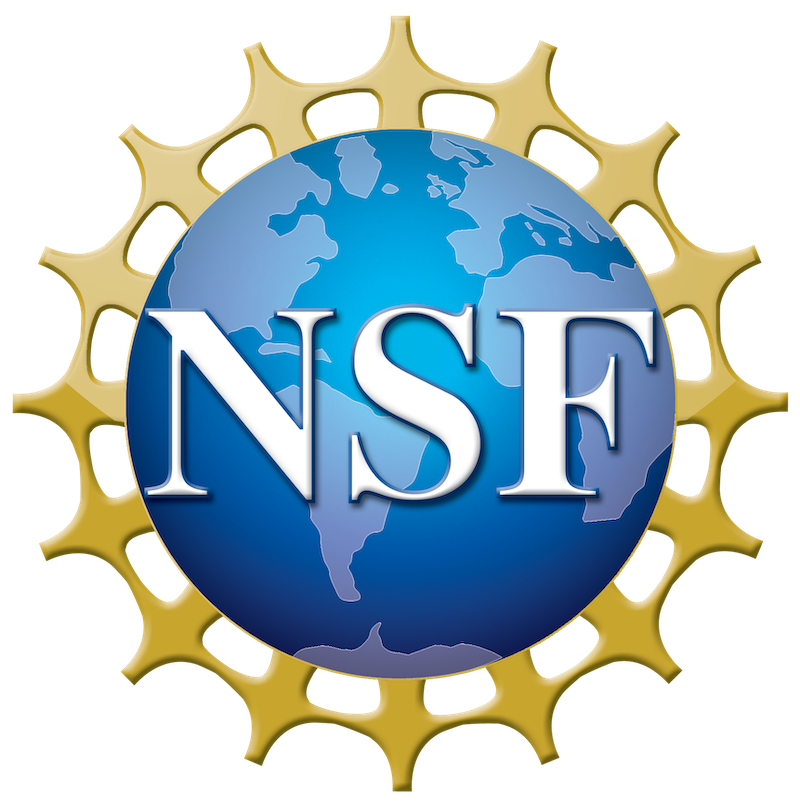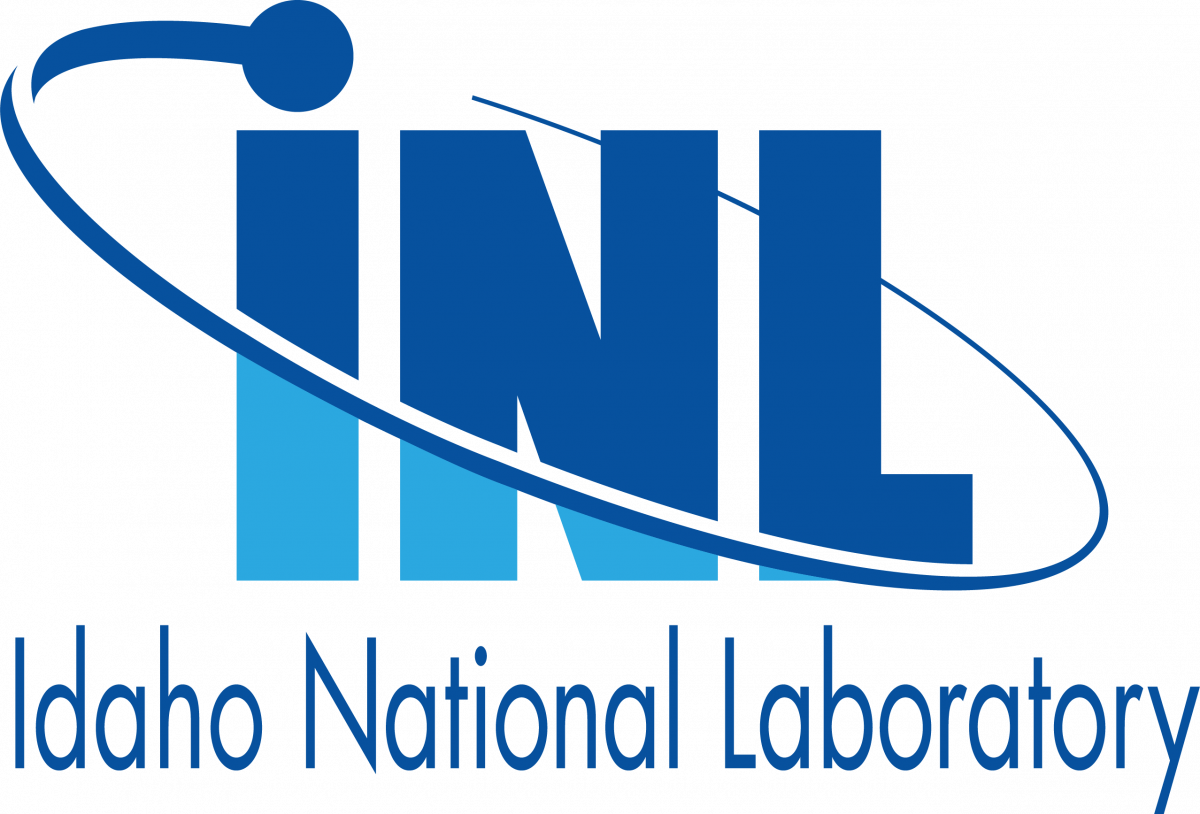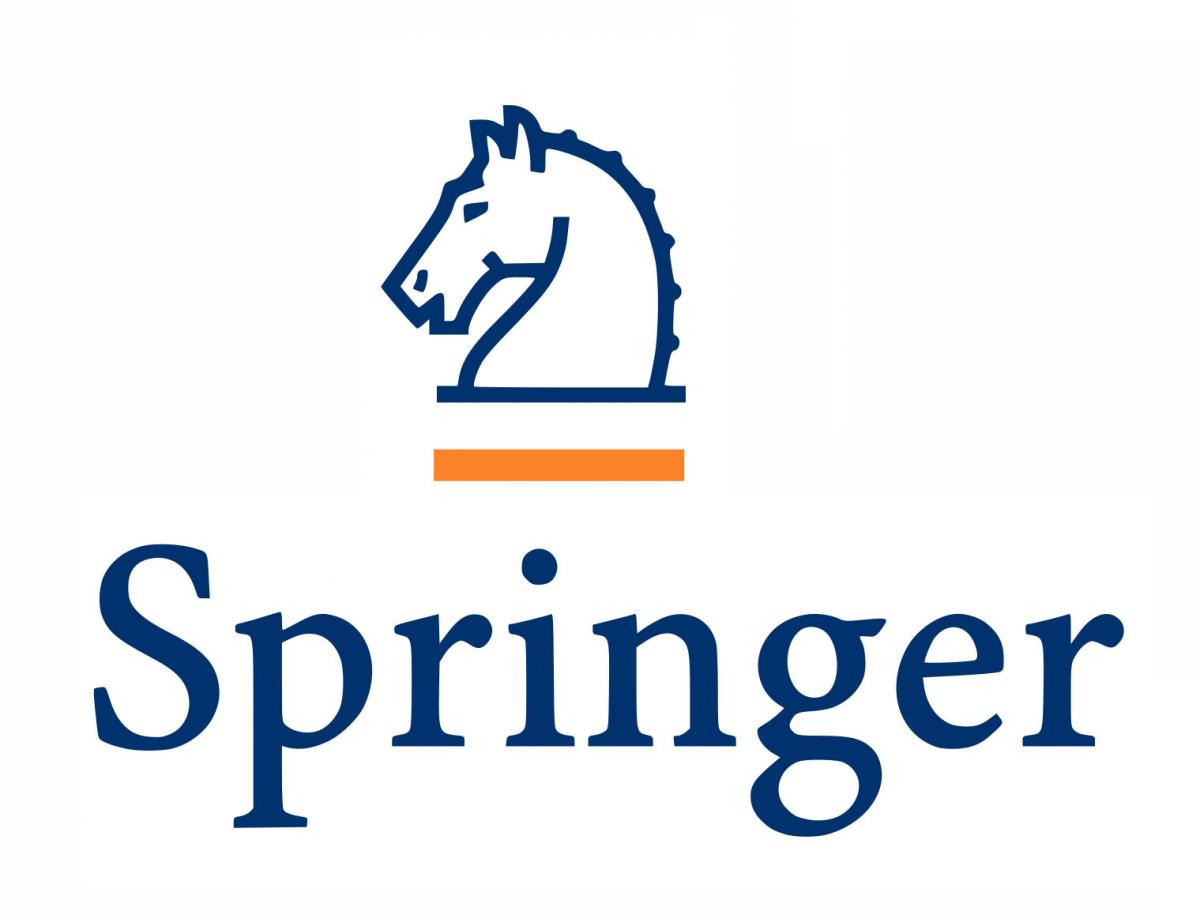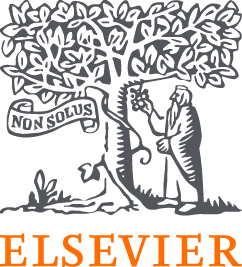Gianmarco Manzini, Los Alamos National Laboratory
Joseph E. Bishop, Sandia National Laboratories
Michele Botti, MOX-Politecnico di Milano
N. Sukumar, University of California, Davis
This minisymposium intends to bring together scientists who develop and implement novel discretization techniques that extend the domain of classic finite element approaches for partial differential equations. These technologies include continuous and discontinuous Galerkin methods on polygonal and polyhedral meshes (polytopal meshes, for brevity), structure-preserving mimetic discretizations, virtual elements, hybrid high-order methods, and finite element exterior calculus.
Polygonal and polyhedral meshes with convex and concave elements offer greater flexibility in mesh design and allow efficient strategies for adaptivity. In the context of computational mechanics problems involving inner interfaces and moving discontinuities, such as in the simulation of layered and fractured materials, the versatility of these methods allows for taming the geometric complexity by providing robustness for rough heterogeneities and mesh distortions.
This minisymposium seeks contributions focusing on method design and applications to engineering science challenges using polygonal and polyhedral discretizations. While contributions to all of these methods are encouraged, we highlight the following themes:
- Generalized barycentric coordinates for polytopal meshes
- Discontinuous Galerkin and nonconforming finite elements on polytopal meshes
- Virtual element schemes for arbitrary-order approximations
- Structure-preserving algorithms (mimetic and finite element exterior calculus) for multiphysics simulations
- Boundary element formulation for polytopal meshes
- Polytopal mesh generation algorithms and criteria to assess the quality of a mesh
- Error estimates and convergence theory for poltopal finite element methods
- Use of polytopal meshes in applications such as material design, microstructural discretization, topology optimization, additive manufacturing, deformation of nonlinear continua, material fractures, computer graphics, and animations.











